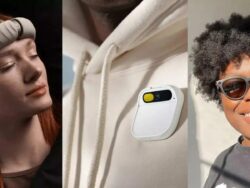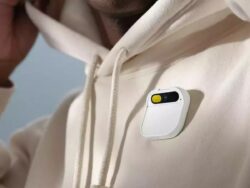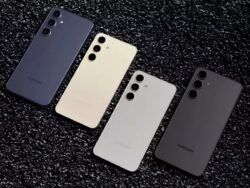
The Rise of AI-Powered Devices 5 Innovations Since OpenAI’s ChatGPT Launch
As OpenAI’s ChatGPT emerged in November 2022, a surge in AI-powered hardware development ensued, heralding a new era of technological innovation. From pocket-sized assistants to dream-controlling headbands, here are five groundbreaking AI-powered devices unveiled since ChatGPT’s inception:
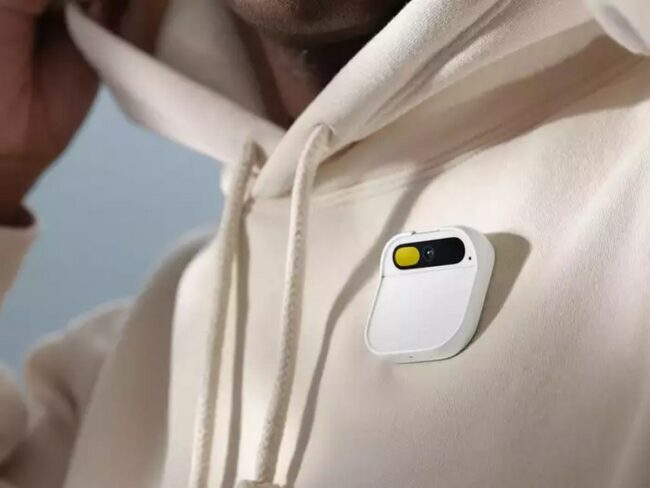
- Rabbit’s R1 – $199
Rabbit’s R1 offers a compact AI solution, enabling users to execute tasks typically reliant on smartphone apps. With a push-to-talk interface, users can arrange transportation, book flights, and make reservations effortlessly. Customizable commands further enhance user experience. Priced at $199, the R1 is available for pre-order, with shipments commencing in March.
- Ray-Ban Meta Smart Glasses – $299
Meta’s Ray-Ban smart glasses integrate an AI assistant, activated by the voice prompt “Hey Meta.” The glasses facilitate tasks like answering queries, summarizing search results, and suggesting comments on social media posts. Available in seven colors starting at $299, these smart glasses offer seamless functionality for daily use.
- Humane’s AI Pin – $699
Humane’s AI Pin, crafted by former Apple employees, is a versatile wearable device featuring a camera, sensors, and a projector. Powered by GPT-4, it responds to voice commands for tasks like playing music and providing real-time information. Priced at $699, the AI Pin offers a unique blend of functionality and style, with shipments beginning in March.

- Samsung Galaxy S24 – $799.99
Samsung’s Galaxy S24 series introduces AI capabilities, including “Circle to Search” for object identification in images and AI-powered photo editing. With prices starting at $799.99 for the base model and $1,299 for the Ultra variant, the Galaxy S24 lineup offers advanced smartphone features leveraging AI technology.
- Prophetic’s Halo – $2,000
Prophetic’s Halo promises users the ability to control their dreams through ultrasound signals emitted during sleep. Priced at $2,000, the Halo headband targets deep stages of slumber to induce dream control. While registration for the beta program is open, the real-world efficacy of the Halo remains to be validated outside of laboratory settings.
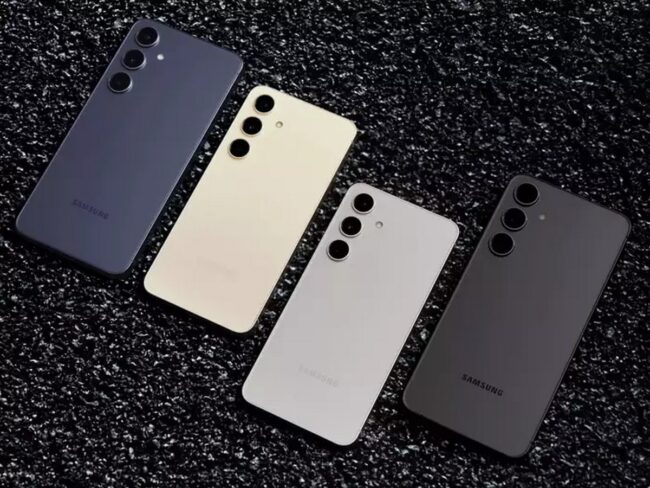
As these innovative AI-powered devices hit the market, they signal a transformative shift in consumer technology, promising enhanced convenience and functionality in various aspects of daily life.


